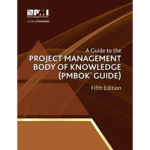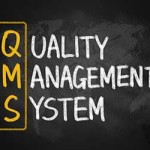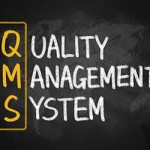
Scope management, or rather the lack of it, is one of the biggest reasons for project failure. Correctly defining what is and is not included in the project is absolutely foundational to good project management. I've seen many projects go south even though they had the right expertise, schedule, high quality deliverables, and even satisfied clients. But if the dreaded … [Read more...]













